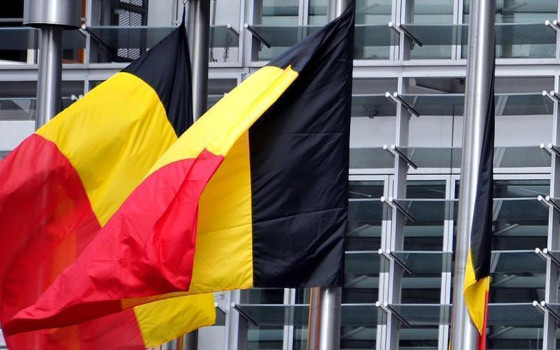
Brussels government party negotiations: Disagreements between Socialists and Liberals hamper the new formation and threaten the development of a path to fully adopting the 2026 budget.

- Europe and Arabs
- Saturday , 6 September 2025 16:4 PM GMT
Brussels: Fatima Makhfi
Negotiations to form a new government for the Brussels region, the capital of Belgium, are facing obstacles after the Socialist Party refused to resume negotiations from scratch at the initiative of the Flemish Liberal Party (Open VLD) and called for continued dialogue between the seven parties to maintain the path proposed by Les Engagés, the "committed" party, according to the Brussels newspaper Le Soir. The newspaper added, "Who will lead the next round of government formation negotiations in Brussels?" After the boycotting Flemish Freedom Party (Open VLD) rejected the Labour Party's proposal, ruling out the New Flemish Alliance (N-VA) and strengthening Flemish influence in Brussels, no one has been in charge for the past two days. After announcing his rejection, Frederik De Gucht, leader of the Flemish Liberal Party in Brussels, expressed his willingness to find a solution, while refusing to abandon the Flemish National Alliance. Behind the scenes, he pledged to do his best by proposing "bilateral meetings" to the rival parties, i.e., face-to-face meetings, to move forward. However, the Socialist Party considers this approach unacceptable. In a press release, the Socialist Party noted: "Less than 48 hours after the initiative was thwarted, the Open VLD party has now announced its intention to relaunch another bilateral meeting on its own." As for the Socialist Party in Brussels, there can be no talk of starting over from scratch with the substantive work accomplished over the past few weeks and abandoning a political plan that allows for a parliamentary majority as well as a majority in both language groups.
The Socialist Party refuses to abandon the path of the seven parties
PS, MR, Engagés, Groen, Vooruit, CD&V, and VLD
and demands that the seven parties continue their discussions to ensure the success of this plan. The Socialists concluded: "This is not the time for maneuvering based on considerations outside Brussels. For the Socialist Party in Brussels, the priority should be to focus on developing a budget path that allows for full adoption for 2026 before the end of October." It is worth noting that there are three regional governments in Belgium: the Walloon government for the French-speaking part, the Flemish government for the Dutch-speaking part, and the Brussels-Capital Region and its surrounding areas. An official letter issued by the outgoing government in the Brussels-Capital Region sparked a wave of harsh criticism after Federal Prime Minister Bart de Wever described it as "another begging letter," referring to an urgent request submitted by Brussels to EU officials for additional funding for the redevelopment project of Place Schuman in the capital's European Quarter. The letter was addressed to senior EU leaders, including European Commission President Ursula von der Leyen, European Parliament President Roberta Metsola, High Representative for Foreign Affairs and Security Policy Kaya Kallas, European Council President António Costa, and Kata Tutu of the Commission. Regions.
The letter was signed by the outgoing Prime Minister of the Brussels government, Rudi Vervoort (Francophone Socialist Party), Regional Secretary of State Ans Persoons (Flemish Socialist Party), and Minister Elke Van den Brandt (Flemish Green Party).
The letter clearly warns that the Brussels government does not have the funds to cover the additional costs required to complete the Place Schuman project, especially as the June 30 deadline for tenders approaches. A delay could lead to further cost increases.
The project is being managed by the Beliris Joint Authority, part of the partnership between the federal and regional governments. Adding to the crisis is the fact that the current Brussels government is only a caretaker government, limiting its ability to take new initiatives. The political vacuum has continued for more than a year since the last elections without a new regional government being formed.
In this context, Bart De Wever considered the Brussels government's resort to this public request before the European Union to be further evidence of what he described as an "unprecedented decline" in the performance of the capital's regional authority.



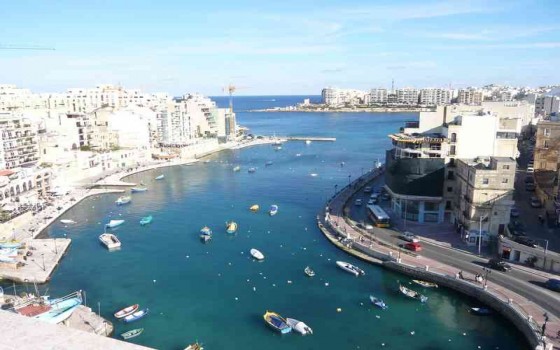



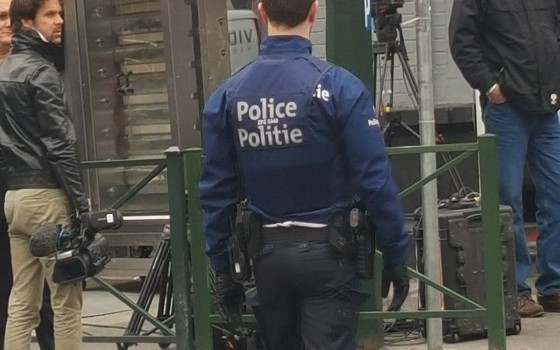

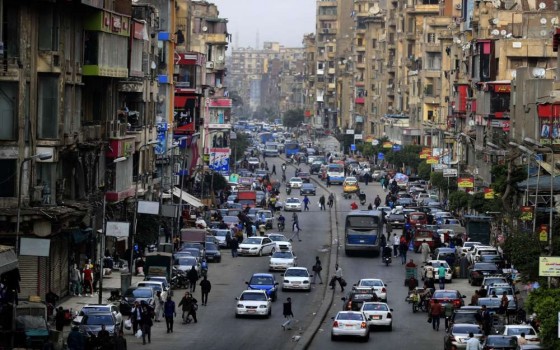
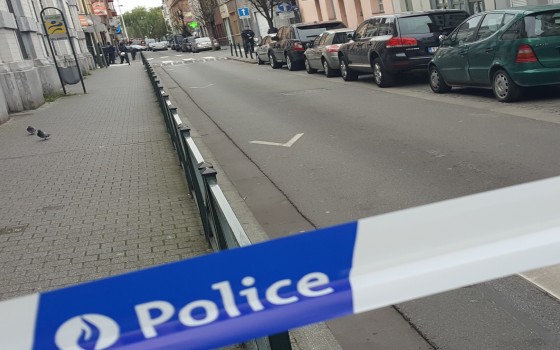

No Comments Found